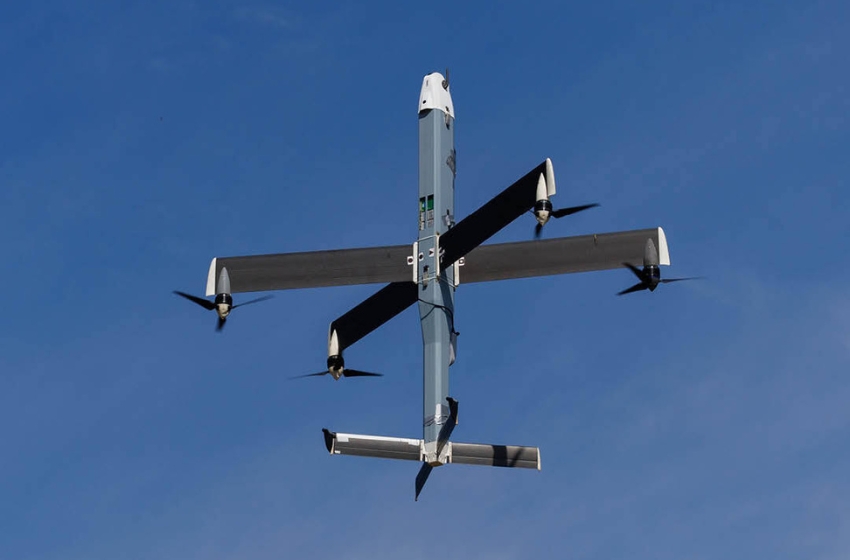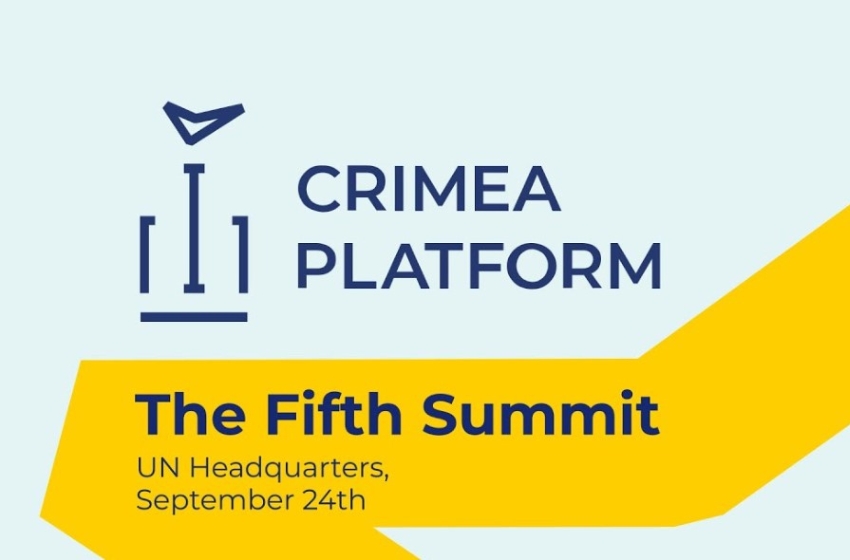Inflation in Russia continues to accelerate despite the authorities' attempts to limit prices and the Central Bank's interest rate hike to levels not seen since the early 2000s.
According to Rosstat, from November 19 to 25, the consumer price index increased by 0.36%, rising by 1.15% since the beginning of the month, and by 7.8% since the beginning of the year.
Monthly inflation in November was the highest since April 2022 (when prices rose by 1.56%). In less than four weeks of November, inflation was 1.5 times higher than the rate for the entire month of October (0.75%) and twice as high as the combined inflation for August and September (0.2% and 0.48%).
The numbers published by Rosstat are "a real disaster," according to pessimistic analysts from MMI. Of the hundred items in the consumer basket, 74 are becoming more expensive. If current price growth continues throughout the year, annual inflation is expected to reach 16%, a level not seen since the early 2000s.
The inflation disaster remains in the food sections of supermarkets, where prices have soared by tens of percent and continue to rise. According to Rosstat, potatoes have increased in price by 78.4% since the beginning of the year, cabbage by 30.7%, and beets by 27%. The price of butter has risen by 31.6%, despite the government's efforts to arrange imports from Turkey and Iran. Lamb has become 21.9% more expensive, sour cream by 16.4%, and milk by 15.7%. Apples are up more than 15%, and bread by over 13%. Tomatoes, according to Rosstat, are 22.5% more expensive than last year; cucumbers have gone up by 40.8%, and onions by 17%.
The new "inflation shock" will bring a ruble collapse: since the beginning of August, the dollar and euro have risen by 25%, and on Wednesday, they hit records not seen since March 2022 — 114 and 120 rubles, respectively.
The Central Bank will continue to fight inflation by raising its key interest rate further, potentially reaching 25% — a level that Vladimir Putin saw when he began his first presidential term in 2000. While the Central Bank promises to curb inflation in the next year and return it to the target of 4% per year by 2026, Russia will have to live with high inflation for at least the next two to three years, according to Oleg Vyugin, former deputy chairman of the Central Bank.
The budget is increasing spending, and these funds are directed toward the military and law enforcement, which do not produce goods, Vyugin explains: "While before this was somewhat offset by imports, now it’s struggling due to settlements, and most importantly, the cost of imports has increased due to transaction markups."





















